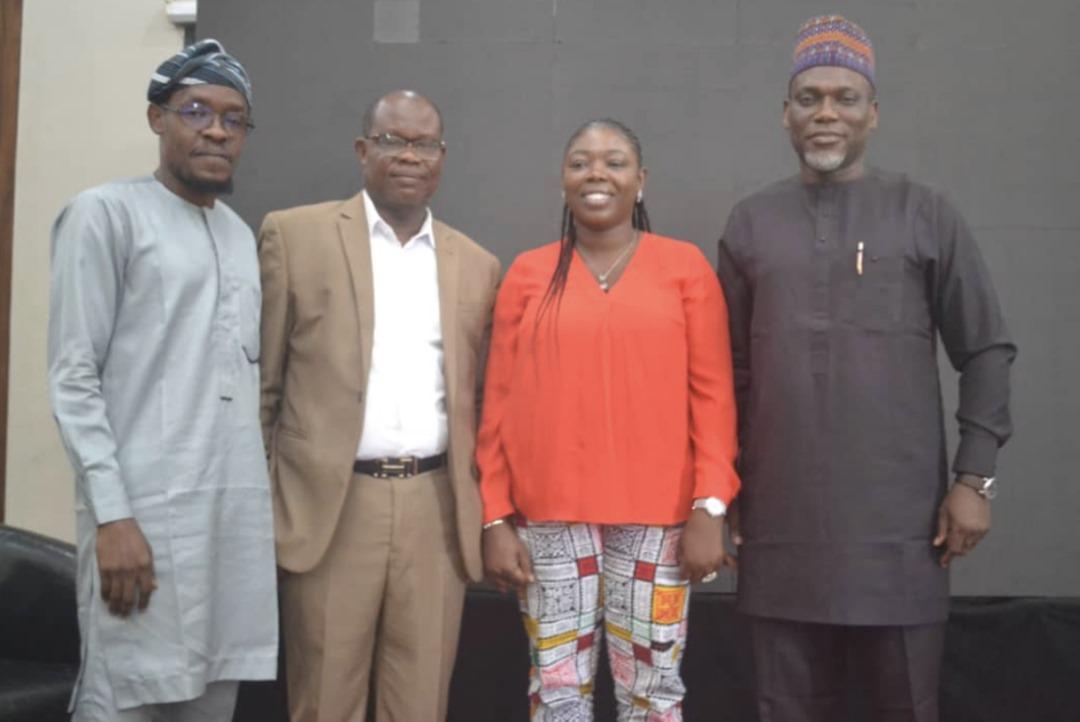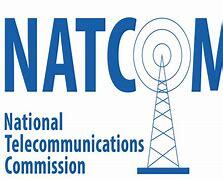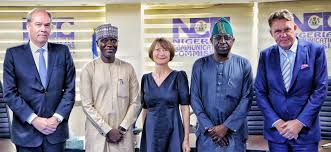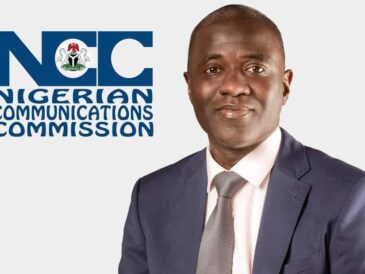Lagos, May 4, 2024 -Telecommunications experts across West Africa have explored ways trending innovations in the telecoms sector can fast-track the region’s digital economy.
The experts discussed these at the second edition of the West Africa Telecoms Infrastructure Summit and Exhibtion (WATISE) with the theme: ‘Shaping the future of the telecoms infrastructure industry: Trends and Insights for a Digital Economy’.
The event, held in Lagos, Southwest Nigeria, was organised by TechnologyMirror, an online telecoms news and information platform.
The experts x-rayed the critical issues relating to the survival of the telecoms industry using the Nigerian market as a reference point.
Leading the conversation, Dr Aminu Maida, the Executive Vice Chairman of the Nigeria Communications Commission (NCC), in his keynote address, said the journey toward a digital economy is paved with immense possibilities and profound challenges.
He said “how we navigate this path will determine the role Nigeria plays in the global digital landscape.”
Maida, who was represented by Victor Adoga, the Head of Next Generation Technology and Standard at the NCC, described telecommunications infrastructure as the backbone of the digital economy, facilitating seamless connectivity and supporting a range of services from basic voice calls to high-speed internet and cloud computing.
He said the rapid growth of the digital economy demanded robust, scalable, and secure telecommunications infrastructure, adding that there were several key trends that are poised to shape the future of telecom infrastructure.
According to Maida, the rollout of 5G networks is a transformative trend in telecoms infrastructure as 5G promises significantly higher speeds, lower latency, and greater capacity, facilitating new applications such as IoT (Internet of Things), autonomous vehicles, smart cities and advanced augmented reality.
He listed other emerging trends affecting the deployment of telecoms infrastructure across the region as Internet of Things, Fiber Optic Expansion, Data Localisation and Security, Regulatory Frameworks, Cybersecurity and Energy Efficiency and Sustainability.
The NCC boss, however, suggested that the telecoms operators must take strategic actions to stay in business, saying that collaboration, which is partnerships between government, industry, and academia, could drive innovation and development.
He said Innovative Financing Models, Investment in Human Capital, Focus on Sustainability, Integration with AI and Machine Learning and Developing Smart Infrastructure were also crucial to investing in rural telecom infrastructure and making digital literacy a key component of our educational programs.
Mr Chidi Ajuzie, the Chief Executive Officer of WTES Projects Limited, who joined virtually from Ethiopia, said there was deluge of connectivity from submarine cable landings linking Nigeria to Europe and rest of the world.
According to him, while there is no centrally managed national transmission backbone, licensed operators have, over the years, built transmission networks to meet their own needs, often duplicated on most routes.
He said the Universal Service Provision Fund (USPF) carried had out a detailed study to characterize basic telephony and ICT gaps in the country.
The study identified 97 clusters with varying population densities and a cumulative population of about 27.91 million that suffer from significant connectivity services gaps.
Digital broadband gap is even more, estimated at over 100 million population.
Ajuzie said to reap the benefits of broadband, there was the need to close the clear gaps existing in the metro middle- and last-mile segments of the connectivity value chain. New Connectivity will be required to bridge the gaps and meet the National Broadband targets.
In fireside chat on ‘Enhancing Rural Connectivity: Strategies for Expanding Telecom Infrastructure’, Tinuade Oguntuyi, Head Network and Solutions at Information and Communications Services Limited (ICSL), said that rural areas needed better network services for proper communication and development.
Oguntuyi, who anchored the fireside chat, urged the government to support network service providers to reach more of rural places as they are also full of potential for the growth of the nation.
Ahmad Tijani, a local content ICT advocate, commended Federal Government projects for connecting the rural dwellers, but harped on the need to carry the local government leaders along.
Tijani, who represented Dr. Adebunmi Adeola Akinbo, National Secretary, ICTLOCA, cited the challenge of data gathering which can be sorted by the local government, while calling on the grassroots to add value to national growth.
Isaiah Erhiawarien, the Convener of WATISE, said that the second edition was a step towards ensuring a reliable telecoms infrastructure for the region.
He thanked the Nigerian Communications Commission, Open Access Data Nigeria Limited, Digital Realty, ICSL, HyperSpace Limited and OneData Limited for believing in the dream of the organisers. (GBN)





